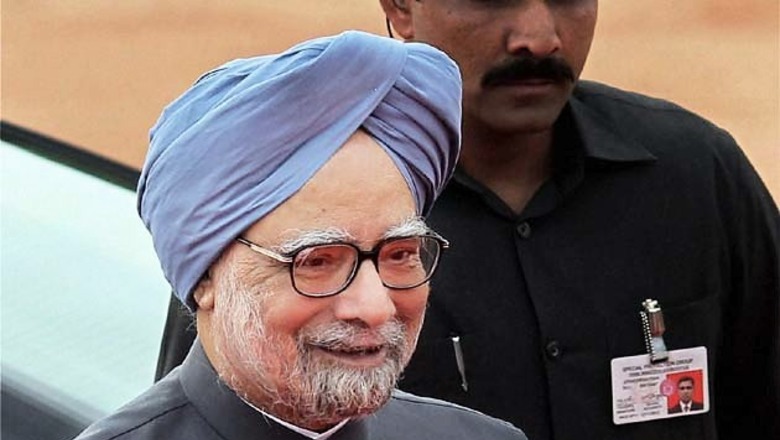
views
New Delhi: Defending the steepest ever hike in diesel price and limiting supply of subsidised LPG, Prime Minister Manmohan Singh on Friday said the nation would have faced a record Rs 200,000 crore of fuel subsidy if the government had not acted.
"We import almost 80 per cent of our oil, and oil prices in the world market have increased sharply in the past four years. We did not pass on most of this price rise to you, so that we could protect you from hardship to the maximum extent possible," Singh in his address to the nation.
Non-revision of diesel, kerosene and cooking gas (LPG) prices since June last year had resulted in almost Rs 140,000 crore of oil subsidy last year, he said.
"If we had not acted, it would have been over Rs 200,000 crores this year. Where would the money for this have come from? Money does not grow on trees," Singh said. The government had last week hiked diesel price by Rs 5 per litre, which at consumer end translated into an increase of Rs 5.63 a litre after accounting for local sales tax (VAT).
It also limited supply of subsidised LPG to 6 cylinders per household in a year. Any requirement above that would have to be procured at market rate which is more than double of Rs 399 price--the price of subsidised 14.2 kg cylinder.
Singh said the price of diesel was raised by just Rs 5 per litre instead of the Rs 17 that was needed to cut all losses on diesel.
"Much of diesel is used by big cars and SUVs owned by the rich and by factories and businesses. Should government run large fiscal deficits to subsidise them?," he asked.
The government, he said, reduced taxes on petrol by Rs 5 per litre to prevent a rise in its prices. "We did this so that the crores of middle class people who drive scooters and motorcycles are not hit further."
On capping supply of subsidised LPG, he said almost half of people actually use only 6 cylinders or less. "We have ensured they are not affected. Others will still get 6 subsidised cylinders, but they must pay a higher price for
more."
Singh said even after the increase, prices of diesel and LPG in India are lower than those in Bangladesh, Nepal, Sri Lanka and Pakistan. The total subsidy on petroleum products will still be Rs 160,000 crore this year, he added.
"This is more than what we spend on health and education together. We held back from raising prices further because I hoped that oil prices would decline," he said.
Kerosene rates were not touched to safe guard interest of poor, he said.
"If we had not acted, it would have meant a higher fiscal deficit, that is, an unsustainable increase in government expenditure vis-a-vis government income. If unchecked, this would lead to a further steep rise in prices and a loss of confidence in our economy," the Prime Minister said.
Even after the hike, diesel is being sold at Rs 13.86 per litre discount to is imported cost. Kerosene prices, whose rates have not been changed, is being sold at a loss of Rs 32.70 per litre and LPG is under-priced by Rs 347 per cylinder.
"Both domestic as well as foreign investors would be reluctant to invest in our economy. Interest rates would rise. Our companies would not be able to borrow abroad. Unemployment would increase."
"The last time we faced this problem was in 1991. Nobody was willing to lend us even small amounts of money then. We came out of that crisis by taking strong, resolute steps. You can see the positive results of those steps. We are not in that situation today, but we must act before people lose confidence in our economy," he said.
Singh said he would have "failed" in my duty as Prime Minister if he had not taken "strong preventive action". "The world is not kind to those who do not tackle their own problems. Many European countries are in this position today.
They cannot pay their bills and are looking to others for help. They are having to cut wages or pensions to satisfy potential lenders.
"I am determined to see that India will not be pushed into that situation. But I can succeed only if I can persuade you to understand why we had to act," he said.












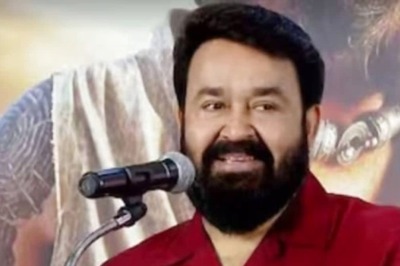
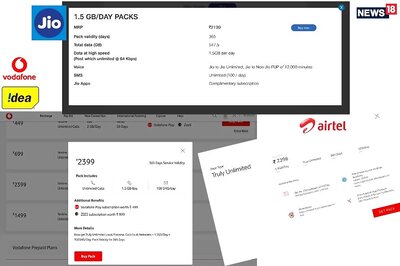
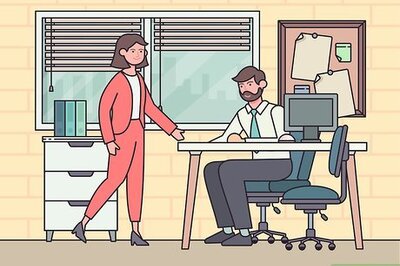
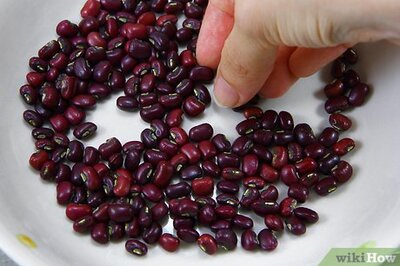
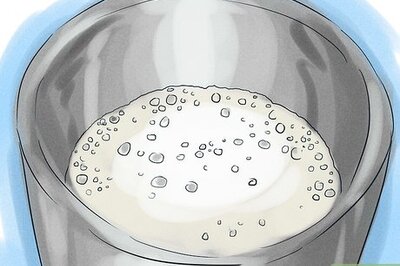
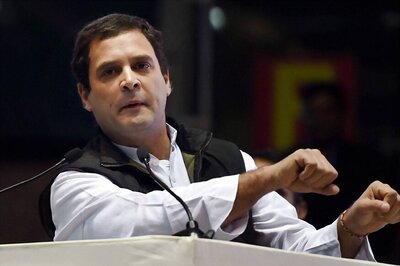
Comments
0 comment